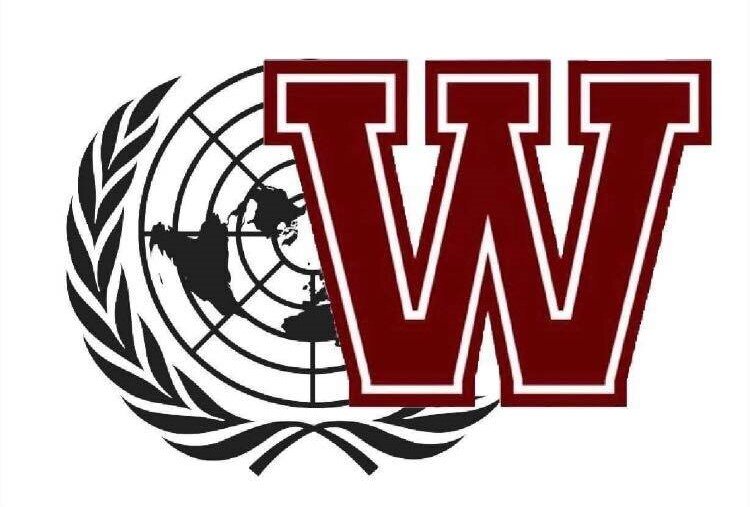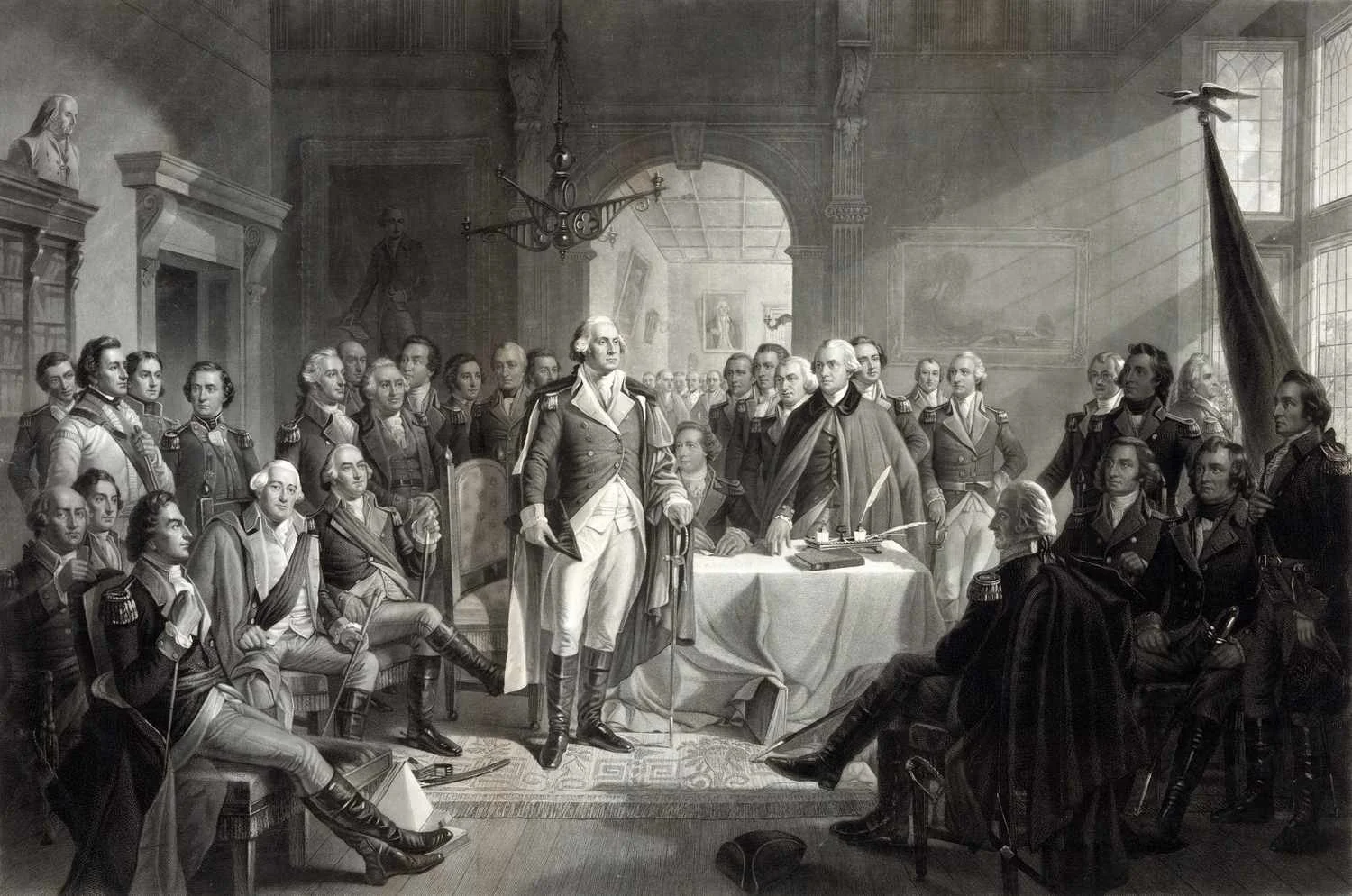Specialized: Washington’s Cabinet: 1790-1795
APPROXIMATE COMMITTEE SIZE: 50
Specialized committees are smaller and more intimate than General Assemblies and deal with issues specific to an organization, time in history, or conflict among many others. However, Specialized committees are more structured and formal compared to Crisis Committees. The focused scope of the committee allows delegates to deeply discuss specialized issues usually ignored by mainstream attention, providing for substantive, critical discussions rooted in specific cultural and historical elements.
The Cabinet of President George Washington, 1790–1795, is the executive body responsible for advising the president and shaping the foundation of the United States government. This Cabinet sets lasting precedents for governance and defines the early role of executive power. Its members face the immense challenge of building a new nation—balancing ideology, regional interests, and the fragile unity of the states.
In addition to advising the president, the Cabinet plays a critical role in defining America’s first economic policies. It focuses on stabilizing public credit, establishing a national bank, and determining how federal authority should operate in a divided political climate. The debates within the Cabinet mark the beginning of organized political factions and test the strength of Washington’s leadership as he works to maintain harmony within his administration.
Topic: Shaping the American Economy
In the early 1790s, the United States faces a defining challenge. How should the new nation build a stable economy while staying true to its democratic ideals? The country is burdened by state debts, political division, and regional inequality. The decisions made by Washington’s Cabinet will determine whether the young republic thrives or falters. Should the federal government assume state debts? Should a national bank be established to manage revenue and credit? How will taxes and tariffs affect farmers, merchants, and manufacturers?
But this committee isn’t just about long-term planning. You’ll be dealing with real-time crisis updates, unexpected challenges, and high-pressure decisions that could change everything. Political tensions, climate emergencies, and ethical dilemmas will test your ability to think fast and adapt. There will be surprises along the way, keeping debates lively and unpredictable. Get ready to stay on your toes—because in this committee, anything can happen.






